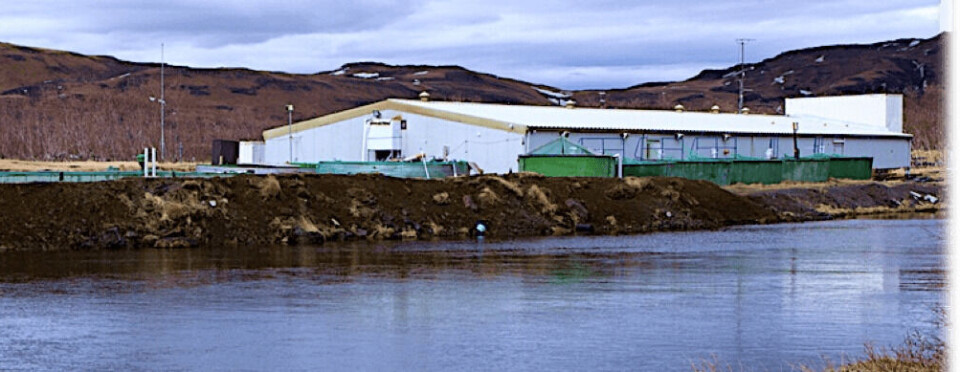
Backing for sustainable aquaculture investments
Up to $125 billion a year could be generated from the development of sustainable aquaculture projects by 2030, according to a new report.
The report, issued by the Business and Sustainable Development Commission (BSDC), outlines how – with the right investment – aquaculture could grow sustainably in a manner that will generate $20-125 billion a year between now and 2030.
It states: “High-value aquaculture is a promising source of sustainable nutrition. Overfishing of wild caught fish combined with increasing demand for food mean that aquaculture is a growing industry, projected to almost double in size in the next 15 years. At the same time, aquaculture is a relatively immature practice with large scope for technological improvement. Compared to livestock, the feed, disease control, waste management and other farming techniques are underdeveloped in aquaculture. The increased productive capacity that will be enabled through technological improvements and improved waste management systems alone implies a US$20 billion supply opportunity. There is also strong potential for growth in the sustainable aquaculture market to accelerate as communities adopt more sustainable diets.”
BSDC, which commissioned the report, was established to pinpoint compelling opportunities for the private sector to help deliver on the UN’s Sustainable Development Goals (SDGs) – 17 ways for ending poverty and hunger, reducing inequality, and tackling urgent challenges such as climate change, by 2030.
The report predicts growth in demand for aquaculture production levels to increase by 10-30% above the business as usual (BAU) rate between now and 2030. The lower end of the range assumes improvements in aquaculture practices (eg waste management), while the higher end of range assumes an increase in consumer demand for higher value aquaculture (mainly from China).
“As the world’s population is expected to increase by another one billion by 2030, the global food and agriculture system requires a new way of doing business, and new approaches to feed more than 800 million people who today suffer from chronic hunger as well as to meet future demand,” said Lord Mark Malloch-Brown, Chair of the BSDC. “This report makes clear both the social and economic incentives for companies to seize upon the SDGs as compelling growth opportunities. It is part of our larger argument for why the private sector must accelerate new business models that open truly sustainable and inclusive markets.”
A blueprint for ethical investment?
One aquaculture business that has backed the publication report is Aqua-Spark – a Netherlands-based investment fund specialising in supporting sustainable aquaculture SMEs.
The company invests in and grows farming operations, feed solutions, disease treatments, and technologies that farm fish in a sustainable, healthy and affordable way that delivers the same returns as today’s traditional industries.
The company aims for an aquaculture industry that does not rely on wild-caught fish meal and fish oil or soy-based feeds. Currently, the company has three farming operations: Chicoa, a tilapia producer in Mozambique; Sogn Aqua, a RAS halibut producer in Norway; and Matorka, an RAS char producer in Iceland.
Since its first year of investment in early 2015, the fund realized a value increase of 12.42% and is building a pipeline of over 600 potential companies. The company intends to make 60-80 investments in aquaculture related SME’s, targeting significant minority stakes (20-49%). Over the course of the next decade, Aqua-Spark aims to raise up to €400 million, building an ecosystem portfolio with a value of well over €1.5 billion in 15 years.




















































